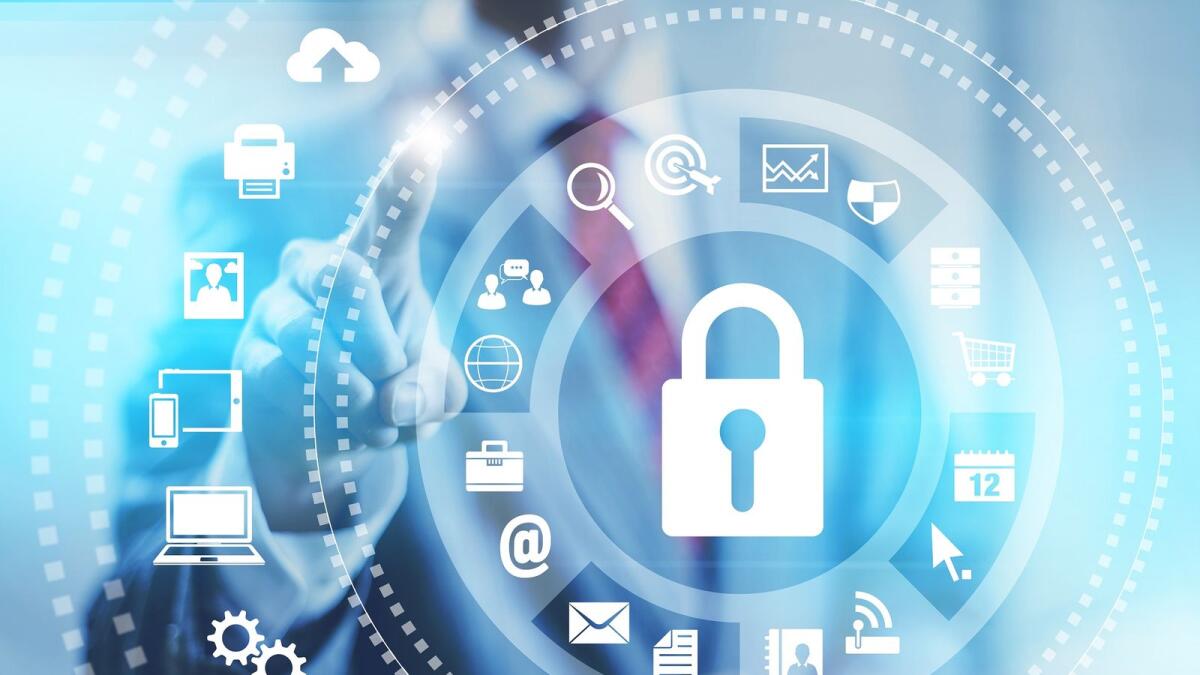Title: Organisations Must Bolster Cybersecurity Amidst Increasing Cyber Threats
Subtitle: Experts warn of the need to remain one step ahead as ransomware attacks and other cyber threats continue to rise
Publication Date: Sun 26 Dec 2021, 4:32 PM GMT
In 2021, the world witnessed several high-profile ransomware attacks, causing significant economic damage to the targeted organizations. According to experts, such cyber attacks are here to stay, leaving organizations with limited options for defense. As a result, businesses must focus on staying one step ahead of malicious actors by understanding the specific threats they face and strengthening their security measures.
Ashraf Koheil, the Middle East and Africa Director of Business Development at Group-IB, emphasized the diverse cyber-threat landscape faced by large organizations and individual users alike. The COVID-19 pandemic has provided an opportunity for both small-time scammers and sophisticated threat actors to exploit vulnerabilities. Koheil noted that the Gulf Cooperation Council (GCC) region, known for its commercial hubs and rapid digital transformation, has not gone unnoticed by cyber criminals.
The pandemic-driven increase in online activity has allowed scams and phishing attacks to thrive, becoming more sophisticated in their approach. Group-IB observed a worldwide scam campaign in December, targeting users in over 90 countries, including the UAE. Criminals employed unique links featuring fake branded surveys tailored to each victim, making detection and investigation challenging.
Ransomware has emerged as a persistent threat to large enterprises, government entities, and financial institutions, causing serious damage to their reputations. Regional director for the Middle East and Africa at Virsec, Rahil Ghaffar, explained that ransomware attacks vary in scale and sophistication depending on the target. Nevertheless, the UAE has experienced a surge in such attacks, even affecting government and financial institutions that have implemented multiple layers of security. Ghaffar emphasized the importance of identifying and stopping potential compromises promptly to minimize damage.
Additionally, stalkerware has gained prominence in 2021. Hadi Hosn, CEO at Axon Technologies, highlighted the impact of digitization on critical systems, making them vulnerable to cyber attacks. Ransomware, in particular, attracted attention at the highest levels of government due to its effect on people’s daily lives. The pandemic has also led to an increase in the use of stalkerware, originally marketed for monitoring employees or children but often misused to violate others’ privacy. It is crucial to address this issue, especially as stalkerware predominantly targets Android devices.
Remote working scenarios resulting from the pandemic have created new cyber threats, as employees shift to personal devices and neglect established best practices. The imbalance between people, technology, and processes in many organizations leaves them vulnerable to ruthless cyber attackers. Cybersecurity specialist at Mimecast, Werno Gevers, stressed the need for a layered security strategy, including secure gateways and managing human errors through robust security awareness training programs.
To protect themselves, employees, and customers, organizations should prioritize cybersecurity measures and stay proactive in threat hunting. By understanding the evolving cyber threat landscape and implementing appropriate security measures, businesses can mitigate the risks posed by cyber criminals.
For more information, contact: [email protected]

I have over 10 years of experience in the cryptocurrency industry and I have been on the list of the top authors on LinkedIn for the past 5 years. I have a wealth of knowledge to share with my readers, and my goal is to help them navigate the ever-changing world of cryptocurrencies.

